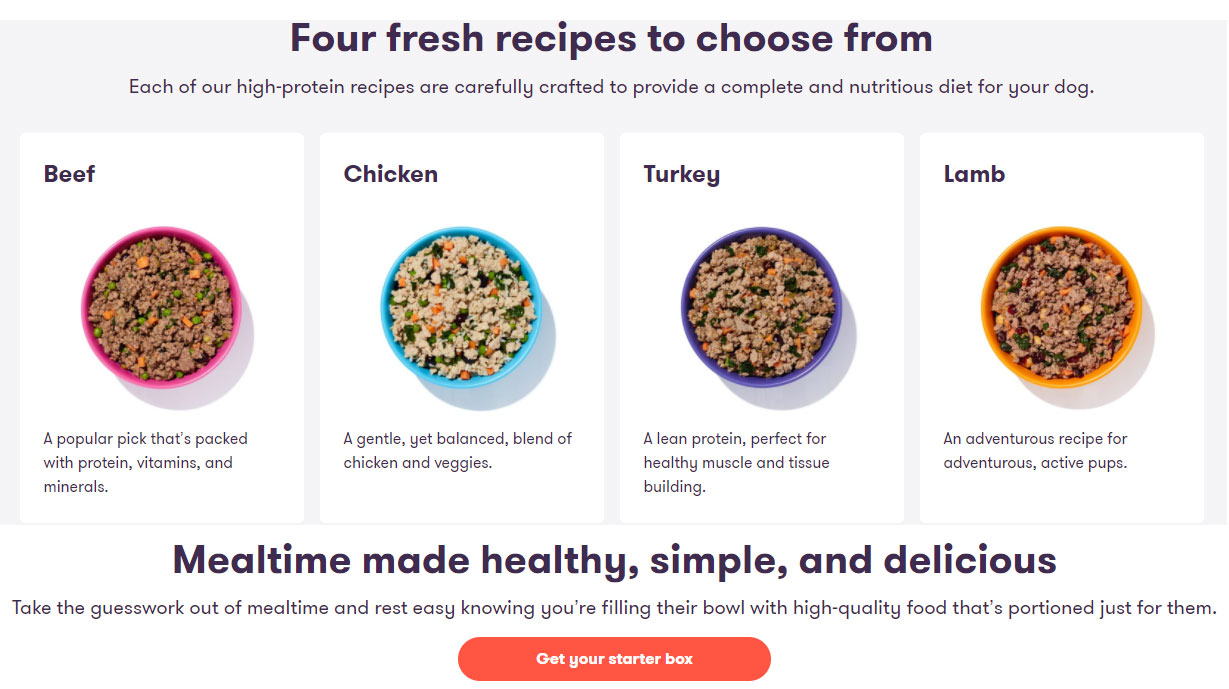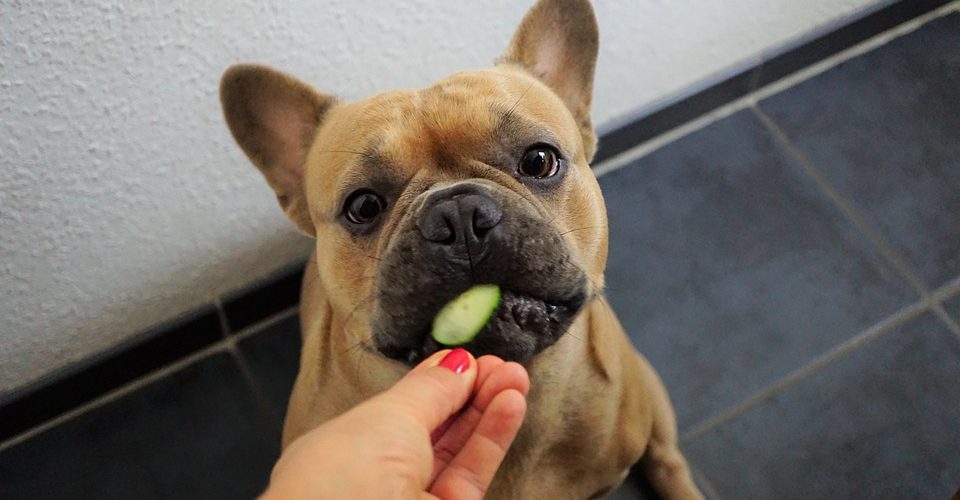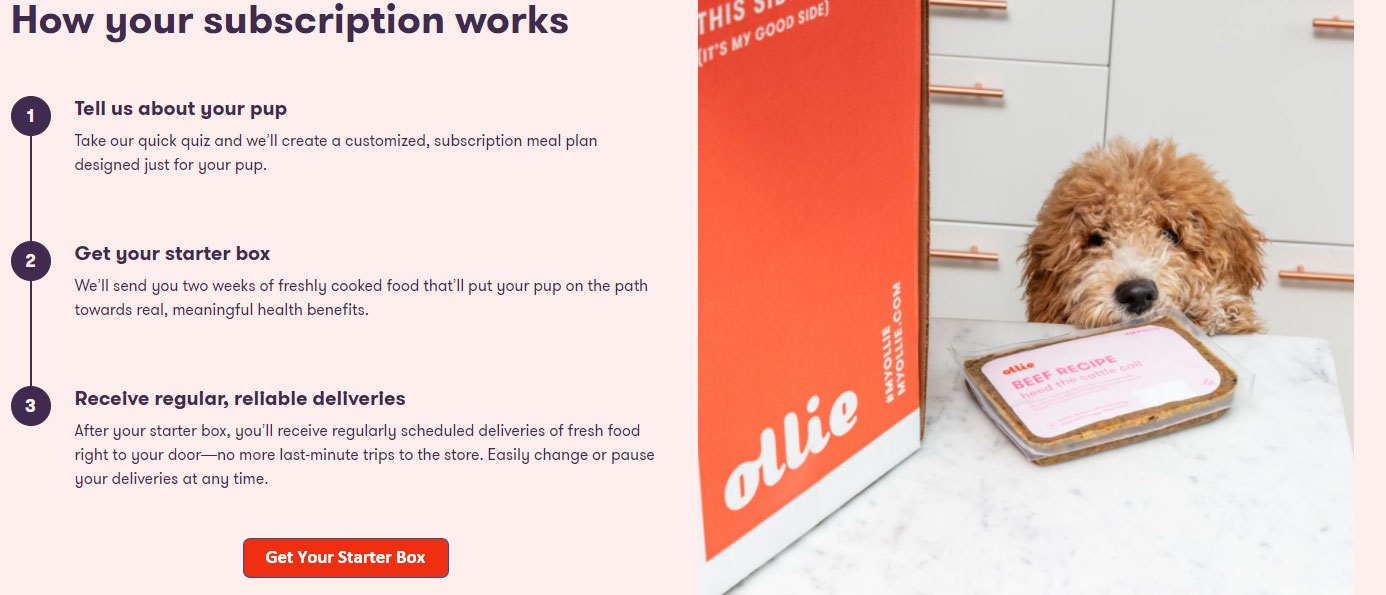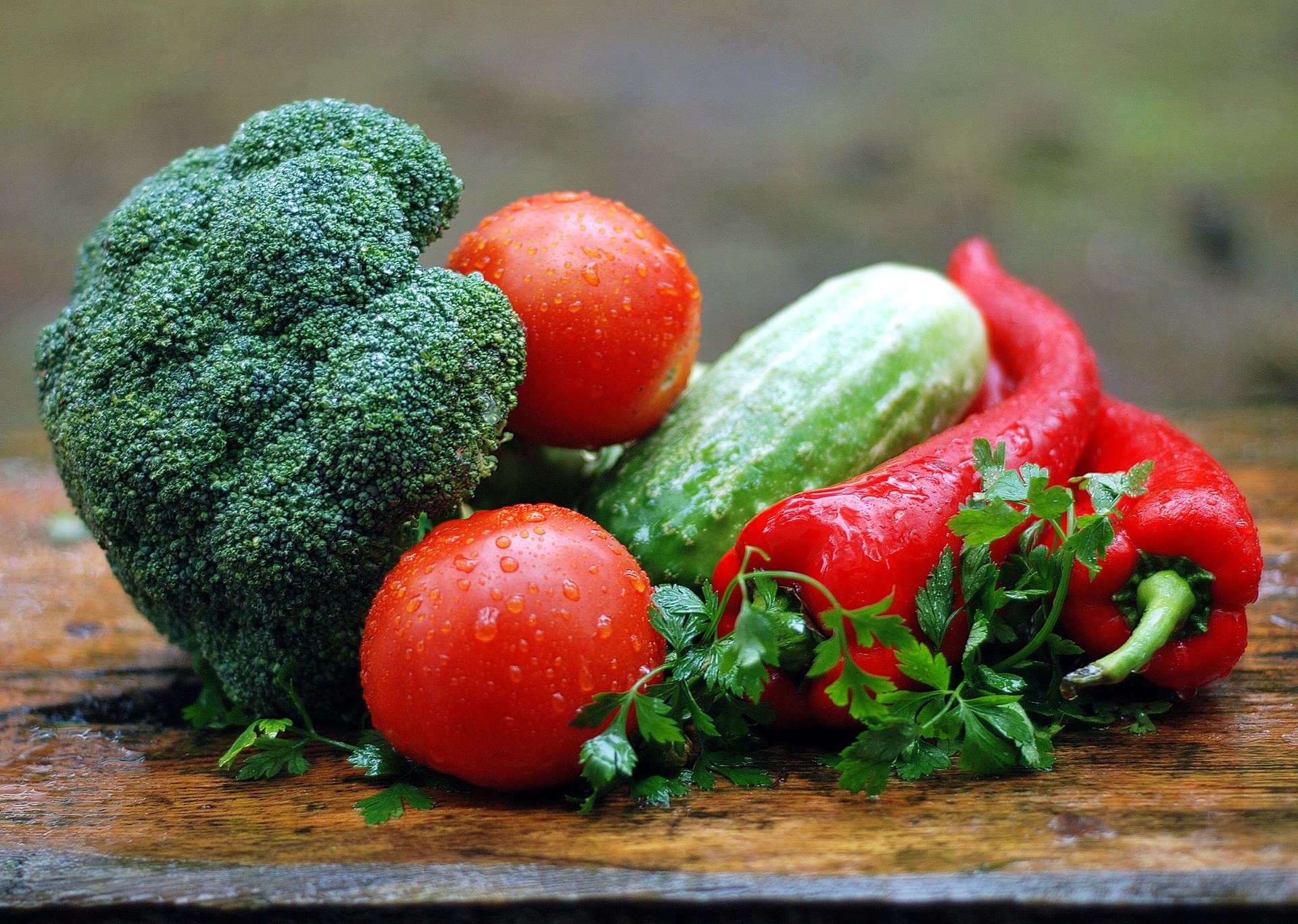Vegetables dogs can eat
More and more owners are starting to make meat and vegetable rations for their dogs, while others are more reluctant to give their favorite carnivore some greens.
Whether it's as a treat or as an ingredient in its own right, it is possible to safely integrate certain vegetables into your dog's diet to improve its well-being.
In this article, I suggest you discover the place of vegetables in the dog's diet, their nutritional interests, their advantages, but also their potential dangers.
Vegetables in the dog's diet
Many amateur and professional dog fanciers cry scandal when their peers mention the possibility of feeding vegetables to dogs. This phenomenon is closely related to the eternal debate "the dog, carnivore or omnivore? "which has divided the dog world for decades.
In fact, determining whether a dog is a carnivore or an omnivore is more a matter of semantics than of nutrition, and does not tell us much about its nutritional needs and the best way to meet them. In fact, despite their eating habits and predator status, it is scientifically proven that dogs can benefit from a wide variety of foods, including meat, but also vegetables and even fruit.
While meat, which provides a significant amount of protein, is central to a dog's diet, vegetables also have beneficial nutritional qualities, even though they may not be part of a dog's diet in the wild. Vegetables contain fiber, which stimulates intestinal motility and affects satiety, digestion and the absorption of other nutrients.
Vegetables are also a source of vitamins and minerals, antioxidants that slow down cellular aging and promote the proper functioning of the body and metabolism. Also, vegetables can be of great benefit to dogs as long as they are given in the right proportions, taking into account the needs of the body of our four-legged friends.
It is important to ensure that they do not replace proteins and carbohydrates, which the dog needs to build energy and muscle mass. Finally, it is important to avoid large quantities and vegetables that are not easily digestible, as the morphology of the dog's intestine, which is shorter than that of humans, does not allow it to digest certain fibers properly.

Vegetables that are good for dogs
Before giving your dog any vegetables, it is important to note that all vegetables can be harmful in large quantities. To avoid any risk, make sure you give your dog only small amounts. This is especially important for owners who feed their dogs homemade rations or a BARF diet.
It is extremely important to provide your dog with a balanced diet that does not include too many vegetables at the expense of protein and, to a lesser extent, carbohydrates.
For your information, many dog lovers - amateurs and professionals - have a great ignorance of the real nutritional needs of dogs and how to meet them, as demonstrated by a study conducted among 139 visitors attending a dog show. I think it is important to remember that in trying to do the right thing, and especially in the idea of giving your dog a healthier diet, you may be harming your dog's health because you don't know what his needs are and how to meet them.
As far as food rations are concerned, I invite you to have your veterinarian check the proportion of vegetables that you add to your dog's meals. As for giving your dog vegetables occasionally, for example as a treat, the risk of unbalancing his diet is less if he is given quality food.
Once you've learned about the precautions to take when feeding vegetables to your dog, it's time to look at the list of vegetables that are safe to feed. There are two types of vegetables: "leafy greens" (spinach, lettuce, Brussels sprouts, etc.) and "root and other" vegetables (carrots, beets, zucchini, green beans, etc.).
Ideally, a dog's diet should include both leafy greens and root and other vegetables. Leafy greens that are good for dogs include: all types of lettuce, spinach, chard, celery.
Root and other vegetables to give your dog are carrots, zucchini, broccoli, green beans (well cooked), tomatoes, squash, pumpkin, beets, etc. As for the "raw or cooked" question, it deserves a case-by-case reflection. Green beans must be well cooked, otherwise they are toxic for dogs. Generally speaking, all vegetables are more digestible when cooked, and cooking also helps destroy any bacteria.
Toxic vegetables for dogs
All alliaceous vegetables (garlic, onions, leeks, chives, etc.) and raw potatoes are toxic to dogs and should be excluded from their diet.
Green beans must be well cooked, otherwise they are poorly tolerated and can cause severe digestive problems.
In dogs with kidney stones, vegetables rich in calcium oxalate should also be avoided, especially raw. These include salads, baked beans, broccoli, spinach, asparagus, carrots, celery, cucumbers and eggplant.
Cabbage and other cruciferous vegetables are not recommended because, although they are not toxic, they are very difficult to digest and can cause severe gastric problems in dogs.

FAQ
Why feed my dog vegetables?
Feeding your dog vegetables provides him with an increased intake of fiber, vitamins and minerals, all of which contribute to the health of his body. Fiber also promotes intestinal mobility and fills the stomach of a voracious dog with low-calorie foods.
What vegetables can I feed my dog?
Cooked carrots, zucchini, spinach, salads and green beans can be fed to all healthy dogs in reasonable amounts.
What vegetables are not allowed for dogs?
Garlic, onions and leeks are toxic to dogs and can cause severe reactions. Raw potatoes are also toxic. Cabbage can be given in very small quantities, but is not recommended as it can be difficult to digest and cause digestive problems.
Adding a few vegetables to your dog's diet or offering them occasionally as treats will do him a lot of good, as long as you choose the vegetables carefully. However, if concocting good vegetable-based dishes for your faithful pooch can be tempting, you must be careful not to harm his protein and carbohydrate intake in favor of fiber, which has many virtues, but not the one of being nutritious!
How do I choose the best diet for my dog?
For me, the easiest way is to trust the recognized professionals of the sector. This gives you the assurance to give your dog the right products while simplifying your life. For example, I recommend Ollie products.
It is a company with an excellent reputation that prepares customized recipes for your dog, 100% fresh and delivered directly to your home


